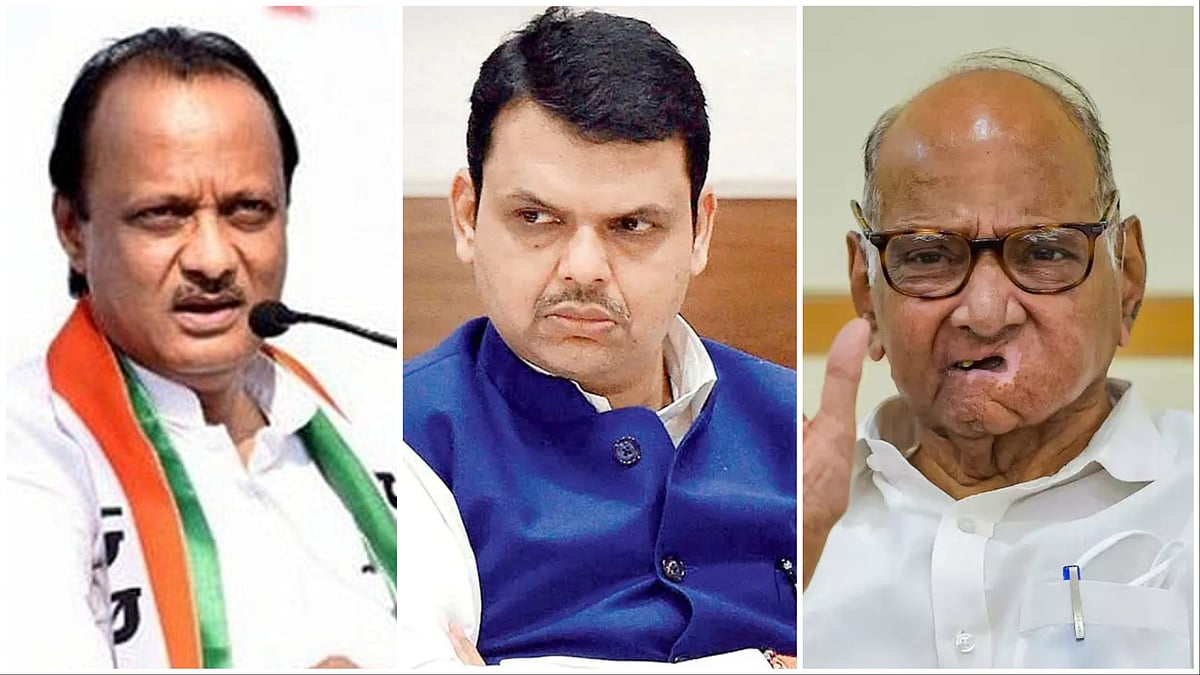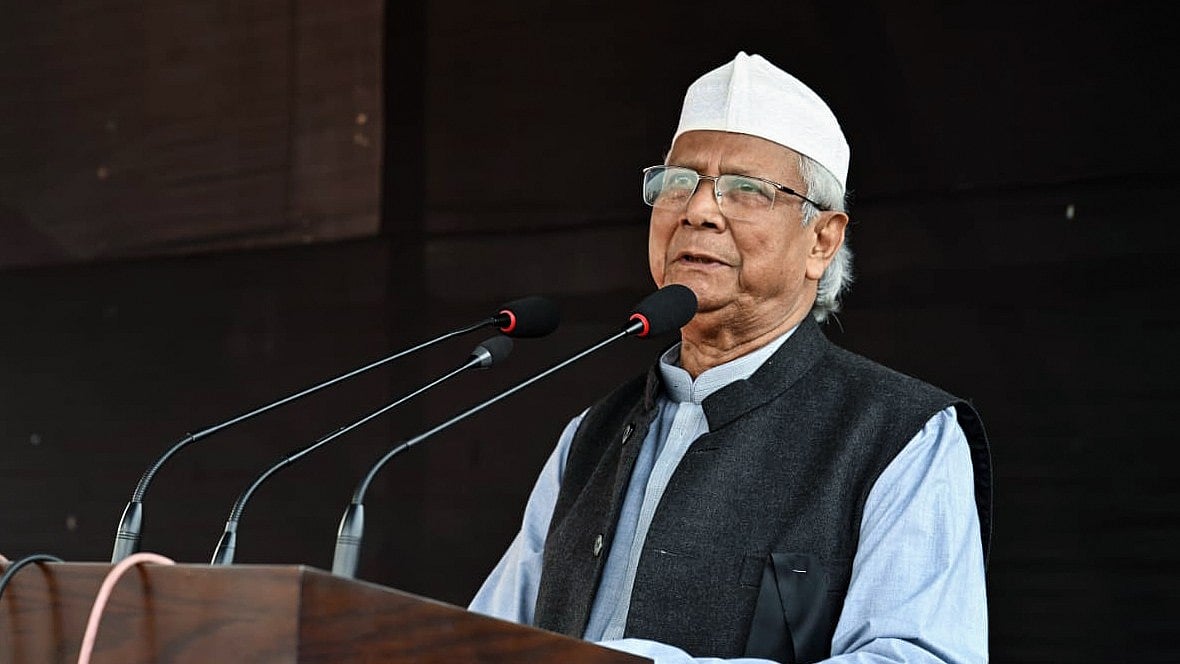When people go erratic and haywire
The Senate brings them out of the quagmire
-Roman statesman Cicero, loosely translated from Latin by the British Poet-laureate Ted Hughes (The State is the modern equivalent of Roman Senate)
It's an encouraging piece of news that henceforth, government regulations will also apply to news on social media platforms such as Facebook, Twitter, Instagram and uncensored stuff on OTT platforms. This may again engender an interminable and ever-inconclusive debate with regard to freedom of speech and freedom of expression. Ostensibly, it may appear to be yet another step by a totalitarian regime to curb freedom of expression. But it's not. Freedom of speech and expression is often a fluid and amorphous term.
More than 200 years ago, the great statesman Edmund Burke said that ' The freedom of speech and expression must be accompanied by self-regulation. When there's an absence of self-regulation, the State has the right to impose and regulate it. That cannot be called trespassing on the part of the State. ' In the context of Indian society, which is still relatively immature and tends to be swayed by a tsunami of emotions, certain rules and regulations must be promulgated to retain 'information sanity' (to borrow media-mogul Rupert Murdoch's phrase). In recent times, we've witnessed 'insanely noisy and obscenely newsy stuff ' on all social platforms and that created an anarchy, nay anomie, of false and fake news.
Calcutta-based Bangla broadsheet Anandabazar Patrika recently stated in its perspicuous editorial that one telling reason for Indian people getting over-religious and sectarian nowadays is the rampant availability of distorted and uncensored audio-visual images and news on social platforms that have the murderous potential to egg the people on to go berserk. Very true.
As Amitabh Bachchan has very recently tweeted, 'India is a country of indolent lotus-eaters'. He further added, 'Yahan ke logon ke paas fursat bahut hai' (people in India have too much time at their disposal). And when such idle and screen-glued people see anything on social platforms, they think it to be their ultimate social and religious duty to create a furore. That's why Tanishq had to withdraw two ads in succession because some religious-minded people found the ads to have religious overtures and insinuations.
When such uncensored opinions and views float on the social media, they mobilise a large section of idle custodians and guardians of the society and galvanise them to create ruckus and bad blood. That's the reason, a young lady professor of political science at Goa University is being relentlessly pestered by a Hindu activist for teaching alleged irreligious and atheistic issues to her students. His uncensored tweets are stoking unemployed, semi-educated and workless souls to harass her by distorting and mutilating her perfectly balanced views.
Here come the regulations to curb and control the misappropriation of news, views and opinions. Social scientist Antonio Gramsci (1891-1937) analysed and termed this phenomenon ' lack of shifting and sifting syndrome'. This needs some enumeration to understand in Indian context. Most Indian readers, viewers and active users on social media and platforms are unable to shift their attention from dubious news and cannot sift the truth out of falsification and falsity. They get hyper and create a mayhem. For these very people who're in a majority, filtered content and regulated stuff are a must.
Why don't 24 European countries require a censor board, but we need it? Why is a fabulous magazine like Playboy (mind you, it's not a girlie magazine, it also carries highly intellectual stuff) banned in India but is freely available across the world? The reason is not prudery or Grundyism. Our readers aren't mature enough to go beyond the voyeuristic delight of Playboy's famed centrespreads to read the cerebral stuff like book reviews, critical essays on cinema and music and perceptive interviews the magazine contains.
The award-winning film Siddhartha (1973, based on the eponymous novel by German Nobel Laureate in Literature Hermann Hesse) had to be banned in India because the priapic Indian viewers rushed to theatres to see the sculpted nude body of the magnificent Simi Grewal. They had nothing to do with the intellectual import of the movie. So, some kind of governmental regulation is necessary to put under control the feral and frivolous instincts of still-to-mature Indian readers, viewers and users on the social platforms whose only objective is to steal the proverbial Warholian 15-minute fame.
The writer is an advanced research scholar of Semitic languages, civilisations and cultures









